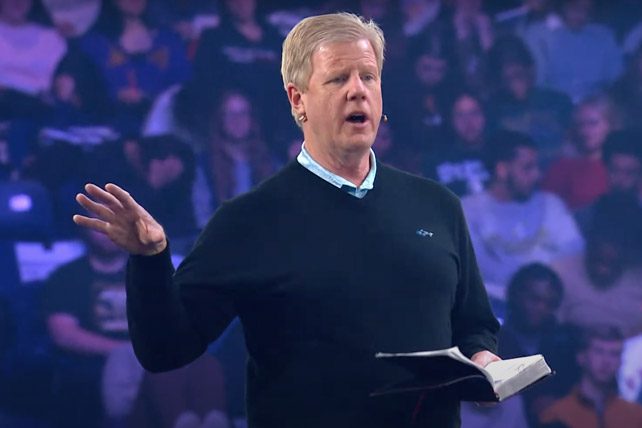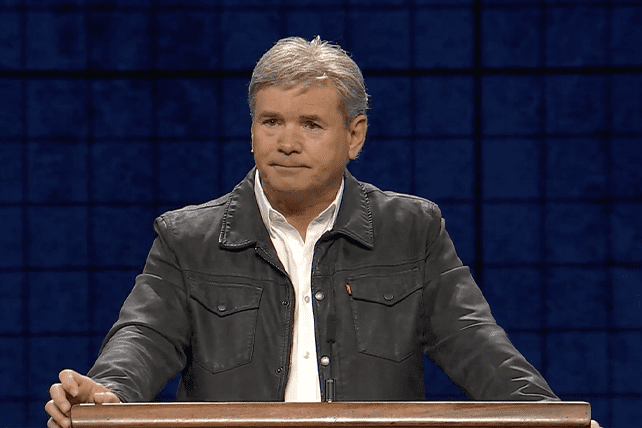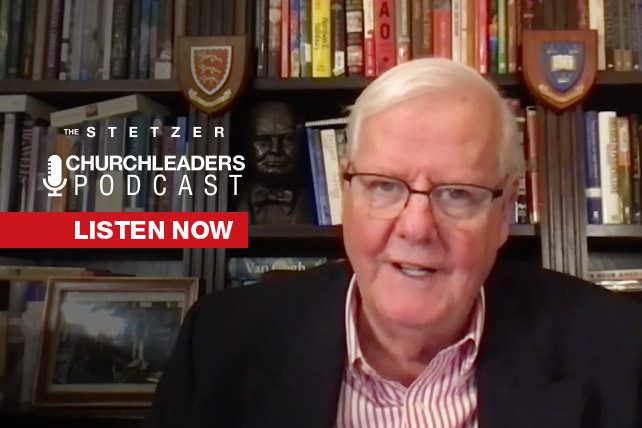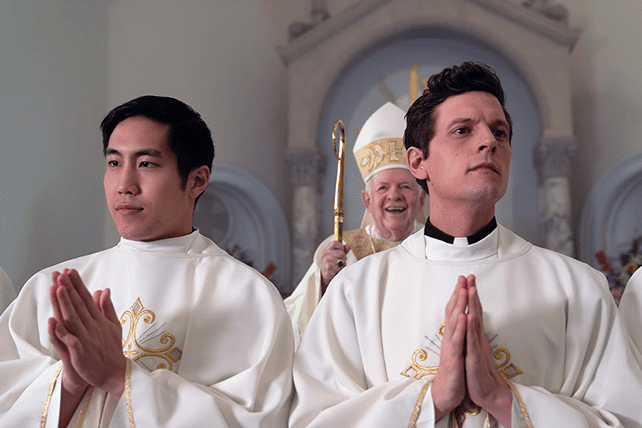The roles and portrayal of women in the Bible have been a subject of much debate and analysis, reflecting a spectrum of views and interpretations influenced by cultural, theological, and historical contexts. This blog aims to explore the complexities surrounding women’s roles in biblical narratives, church leadership, and the theological implications of controversial passages.
What Can We Learn About Church Leadership From Women in the Bible?
The Bible presents a variety of roles filled by women, showcasing them as leaders, prophets, and essential contributors to God’s plan. Despite the patriarchal context of the times, figures such as Deborah, a respected judge and leader in Israel, and Esther, who played a pivotal role in saving her people, highlight the significant impact women had in biblical history. The New Testament continues this trend with examples like Phoebe, recognized as a deacon, and Priscilla, noted for her role in teaching and leading a house church alongside her husband.
However, the interpretation of women’s roles in the church has been contentious, particularly regarding passages like 1 Timothy 2:9-15. This scripture, traditionally interpreted as restricting women from teaching or holding authority over men, reflects the complex interplay between cultural norms and theological doctrine. Critics argue that such interpretations are influenced by the patriarchal tendencies of the time and may not reflect the broader, inclusive ethos of Christianity.
The New Testament, while rooted in its cultural milieu, also offers a transformative vision of women’s roles. Jesus’ interactions with women were radical for his time, as he included them in his ministry and treated them with respect and dignity, countering the norms of his society. Moreover, the Bible highlights the leadership roles of women like Junia, considered an apostle, and Philip’s daughters, known for their prophetic work, indicating early Christian communities’ acceptance of women in significant roles.
Furthermore, ideological and rhetorical analyses suggest that the contentious nature of the topic of women in leadership reflects broader societal and cultural debates rather than pure biblical directives. The biblical text, when examined through various hermeneutical lenses, reveals a complex narrative that both reflects and transcends its historical context, suggesting a more nuanced understanding of women’s roles in both historical and modern Christian contexts.
RELATED: Why the Church Needs to See Women in Leadership
The portrayal and roles of women in the Bible are multifaceted and subject to interpretation. While certain passages have been used to restrict women’s roles, a broader examination of the scriptures reveals a significant presence of women in leadership, teaching, and prophetic roles. This suggests a biblical narrative that, at its core, values and empowers women, even within a patriarchal framework. As society and the church continue to evolve, so too does the understanding of women’s roles within a biblical context, reflecting a continuous dialogue between tradition and transformation.
What Does the Bible Say About Women Leading?
The Bible presents a nuanced perspective on women in leadership roles. While certain passages have been interpreted as limiting women’s roles in leadership, particularly within the church, other scriptures highlight women in significant positions of authority and influence.
For example, the Old Testament depicts Deborah as a judge over Israel, a role encompassing leadership, military strategy, and spiritual guidance (Judges 4-5). Similarly, the New Testament mentions women like Lydia, who was a key supporter of Paul’s ministry and likely led a house church (Acts 16:14-15), and Phoebe, recognized as a deacon (Romans 16:1).
These examples illustrate that while the Bible was written in a patriarchal context, it also contains instances where women are depicted in roles of leadership and influence, challenging the cultural norms of their time.




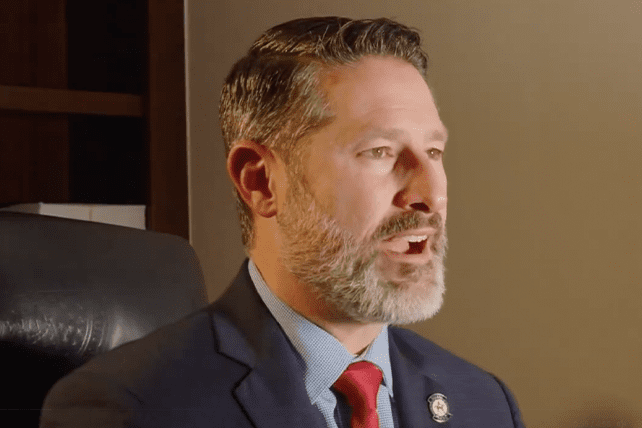
 .”
.”


